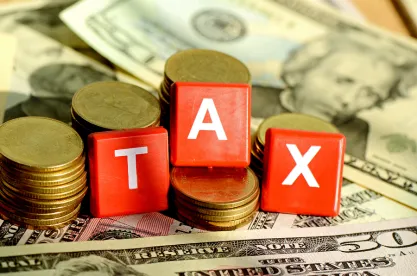The Tax Cuts and Jobs Act proposed by the House of Representatives last week would eliminate access to tax-exempt financing for 501(c)(3) organizations and for certain private borrowers by eliminating all private activity bonds, whether for new capital expenditures or for refinancing of existing bonds. Additionally, tax credit bonds could no longer be issued. The bill would also end the ability to issue tax-exempt bonds to refund bonds more than 90 days prior to their stated redemption date, requiring any such “advance refunding” bonds to be issued as taxable debt. Without access to tax-exempt financing markets, many nonprofit organizations will only be able to finance or refinance their capital requirements through the issuance of taxable debt, which is likely to increase the cost of borrowing as much as 1 to 2 percentage points by some industry estimates.
Though the bill is in its early stages, it is important to note that the repeal of private activity bonds would negatively affect the ability of colleges and universities, museums, charter schools, charities, independent living facilities, hospitals, other nonprofit health care providers, research institutions and other nonprofit organizations to undertake important capital projects. Similarly, public-private partnerships that finance projects with public benefits, such as low-income housing, small manufacturing facilities and other infrastructure, may forego those projects without access to tax-exempt markets.
The bill does not include any transitional rules – if enacted as written, these prohibitions would be effective for bonds issued January 1, 2018 or later. Thus, assuming its enactment, governmental and 501(c)(3) borrowers must advance refund eligible tax-exempt bonds before the end of 2017 or miss out on potential debt service savings. The new restrictions would also apply to any “significant modification” of outstanding tax-exempt private activity bonds and to any draw made after 2017 with respect to tax-exempt private activity bonds issued as a draw-down loan. In other words, draws made post-2017 would be taxable, even if the draw-down loan was initially issued as tax-exempt.
Significant lobbying efforts by various industry associations are underway to remove these provisions from the bill. The release of the bill represents only a first step and it is likely that numerous provisions will be altered before a final bill is enacted, if at all.




 />i
/>i

